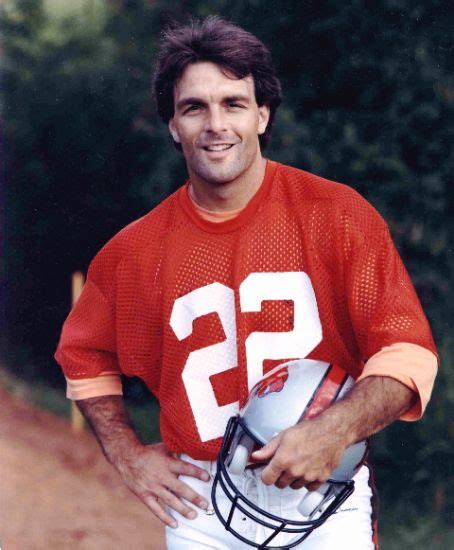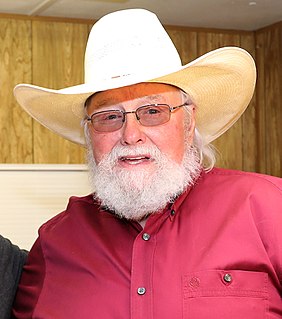A Quote by Roz Chast
I think when your parents die, it is kind of like a moving sidewalk: you're not just on the sideline and watching them go by. You know, you're going to the same place they are.
Related Quotes
One day I was watching these construction workers go back to work. I was watching them kind of trudging down the street. It was like a revelation to me. I realized these guys don’t want to go back to work after lunch. But they’re going. That’s their job. If they can exhibit that level of dedication for that job I should be able to do the same. Trudge your ass in.
Now people are much more receptive because they can just go online and just Google your name and make sure you're not, you know, psycho. But, before, I think lot of opportunities were missed by a lot of girls. Also parents! The girls would go home and would say, "Oh, you know, I was just scouted." And the parents were, like, "You're not going to be a prostitute."
Living in a place like Pakistan, very often you meet people who are migrating abroad. And sometimes you'll ask their parents, you know - you didn't try to stop them? Like, why didn't you say, don't go - I'll miss you? Stay with me. And, you know, people say, well, it's best for them. They have to go. And parents, you know, take on that sadness because they know it's better for their children if they leave.
My revision methods are chipping things away and moving them around and trying to get things right. I'm also open in my own writing to failure. I want to fail. I want to go to a place where I don't know what I'm doing, where maybe I'm lost. And in that uncertain space, I make decisions, and I know all those decisions are going to change everything else. And at a certain point, you just come to a place of rest. In revising, you reduce your options so that nothing is possible, and you just think, I can't change this anymore because I've already passed that decision point.
If you have to conduct layoffs, which is always a regrettable thing, there's kind of three things that are very important. One is to communicate well with your employees in order to help them understand why it is you're doing, and how. Second is to make sure that the employees who are part of the go forward, understand kind of what happened and are not like the ground doesn't keep moving. It's like, okay, we did that, we're moving forward, here we go. And then for the employees that you unfortunately have to let go, try to provide as much support for them as possible.
When Ma died, I didn't know how to go on, either. I don't know how. I don't feel the same know, not exactly. Now that I see that one day comes after another and you get through them one measure at a time. But I'd like to go, not like Fonda Nye, I don't want to die, I just want to go, away, out of the dust.
People are paralyzed on a football field. People die. You just never know when it's going to be your last moment. I was the kind of guy who would never talk to my wife on game day. Now I'm the guy who's like, 'I love you.' I want my children to know I love them because I don't know what's going to happen out there.
I want my records to be the most magnificent and glorious-sounding records, but also want them to be the most intense and fragile. And I want that all in the same ten-second bit of music. And it just takes a while to get there, and I don't write the songs and then go and record them, I write in the studio. So it takes a while to kind of piece them together and know that that's what I want it to be like. And I constantly throw the bits up in the air and see how they land, and eventually they kind of keep landing in the same place and that's where it stays.
I think you can maintain two tracks. I think you have to. That's what this kind of filmmaking is about. If you're not aware of the limitations of what you're up against... it's like a general: you have to know your artillery and you have to know your infantry. You have to know what you have. You have to marshal your forces and use them well. It comes down to the personal and the intimate, but at the same time you have to have the big picture.
I think you have to sort of accept that nobody really knows where it`s going so there has to be a lot of impulsive kind of attitudes. So it`s like a train that`s moving and you don`t quite know where it`s going but you try to steer it in the best way you can realizing that it may go in different places that you had no idea.



































